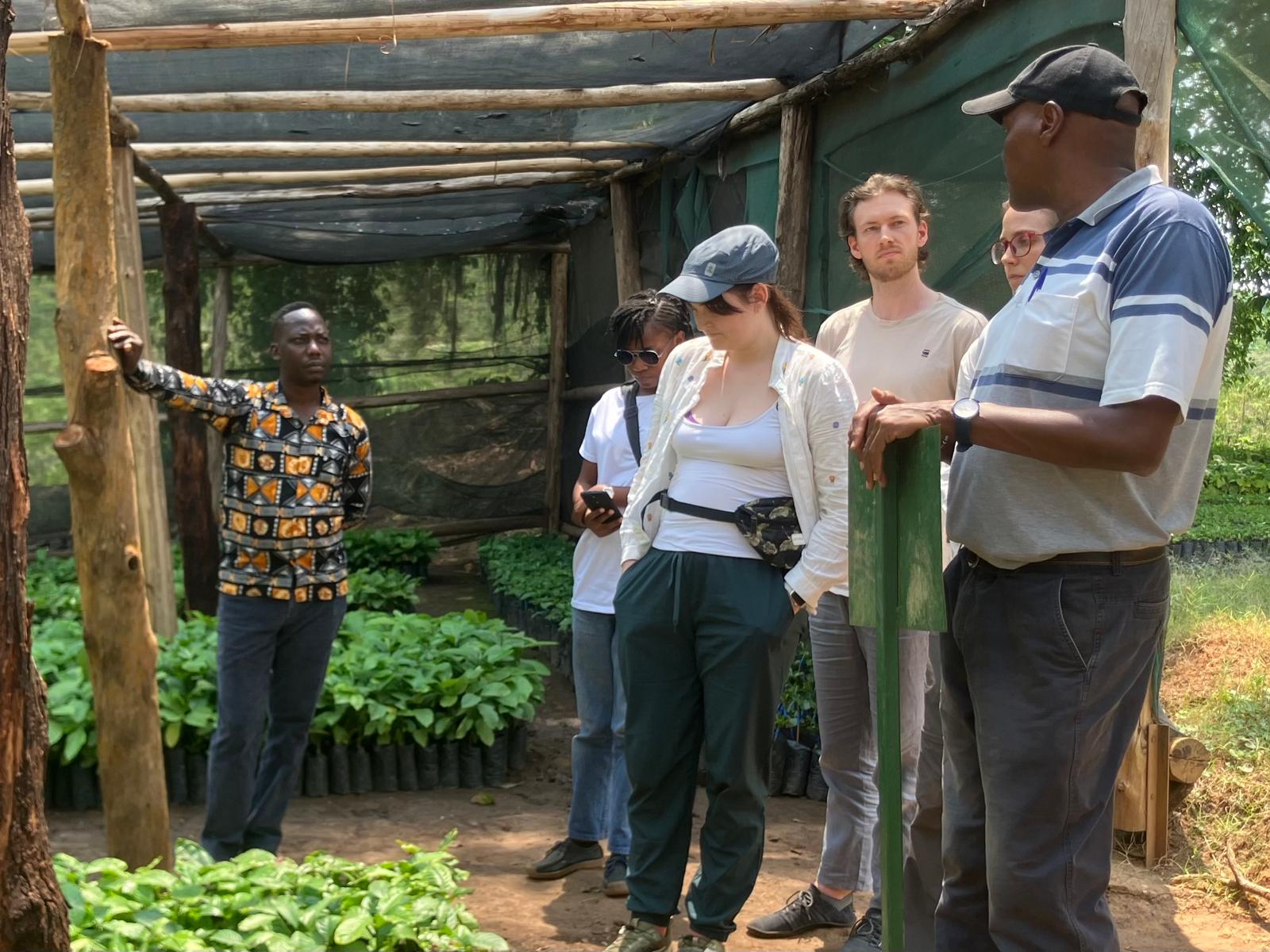Unlocking collaboration and knowledge across countries
How can international academic exchanges shape the future of sustainable supply chains? Within the EMMA4EU project, short-term academic mobilities have proven to be a relevant instrument for interdisciplinary training, research cooperation, and practical solutions to the challenges posed by deforestation. This article explores how EMMA4EU mobility exchanges between leading universities support the knowledge sharing on deforestation-free supply chains.
What are academic mobilities?
In higher education, academic mobility refers to the exchange of students, researchers, and staff between institutions—typically across countries—to foster learning, collaboration, and the advancement of knowledge. In the EMMA4EU context, mobilities are among professors from the partner universities to strengthen cooperation and share information and knowledge on primary research.
Why are academic mobilities important for the EMMA4EU project?
The EMMA4EU project is an Innovation Alliance for Training Programmes for Deforestation-Free Supply Chains in Europe that recognises academic exchange as a powerful enabler of transformation. Mobilities foster:
- Innovation through fresh perspectives and interdisciplinary dialogue;
- Cross-contamination of ideas across deforestation, legislation, supply chain, business, and sustainability fields;
- Reinforcement of the knowledge triangle (education–research–business) at a European and international scale.
- Task advancement through in-person collaboration on ongoing project tasks and reports
These exchanges help shape the future profile of the Deforestation-Free Supply Chain (DFSC) Manager, a new profession equipped to implement the EU’s Deforestation-free Products Regulation (EUDR).
Who was involved?
EMMA4EU has the goal to involve all the university partners in the academic mobility. In this way, EMMA4EU ensures that deforestation-free supply chains are not just a policy goal but a lived, shared educational journey across countries. The academic mobilities also featured key lectures that deepened mutual understanding and enriched the educational offer for DFSC Managers:
- History of forest management in Uganda – Michael Mbogga
A deep dive into community-based forestry practices and historical shifts in Uganda’s forest governance. - Deforestation-free supply chains to Europe: implications of the EU Deforestation Regulation – Helena Leonel, Timothy Bender, Isabell Rzepecki, and Joana Faggin
A deep dive into the EUDR Regulation and its implications on supply chain management. - Transnational regulation of forest and agricultural supply chains – Metodi Sortirov
A comprehensive review of legal frameworks and compliance tools under the EUDR and global agreements. - From nature-based health to deforestation-free economy – Aynur Mammadova
Intersections between human well-being, green care, and sustainable commodity sourcing. - Conservation Finance Liability – Kristjan Jespersen
An exploration of financial accountability, environmental liability, and investment in nature-based solutions.




